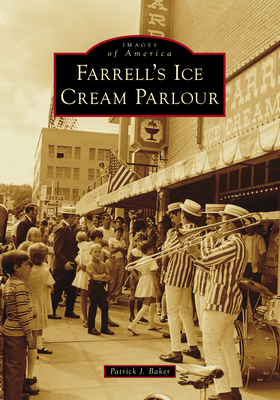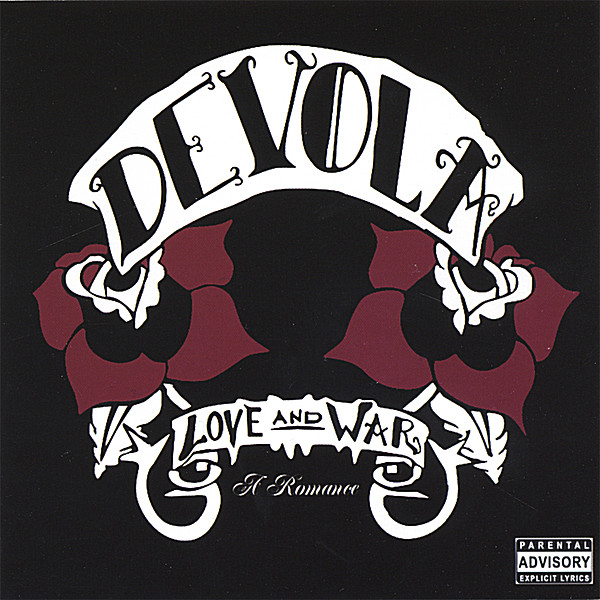
Fiedler, Leslie a.
product information
description
ffer a glimpse into a crucially formative period in the life of Leslie A. Fiedler, one of the greatest literary critics and American public intellectuals of the twentieth century. Written to his wife and two sons between May 1944 and December 1945, while he was serving as a cryptologist and translator for the Office of Naval Intelligence, they contain firsthand accounts of his experiences in various locations in the Pacific Theater, including Hawai'i, Iwo Jima, Okinawa, Guam, and China. Constrained by Navy censors from writing directly about his work as an intelligence officer, he writes, instead, on a variety of themes, events, places, and war situations, including the ethical contradictions between a war fought for and in the name of freedom on the one hand and the oppression of indigenous Hawai'ians and prisoners of war on the other. He also questions the mainstream, European-centered view of the war and provides new insights into the role of Jewish servicemen in World War II. Finally, the letters document the beginning of the formation of American intellectual life in the years preceding the Cold War, forcing us to rethink certain premises of American exceptionalism in the second half of the twentieth century. Taken together, they offer a unique and fascinating immersion into history through the eyes of one of the makers of post-World War II American literary culture.
member goods
No member items were found under this heading.
Return Policy
All sales are final
Shipping
No special shipping considerations available.
Shipping fees determined at checkout.







